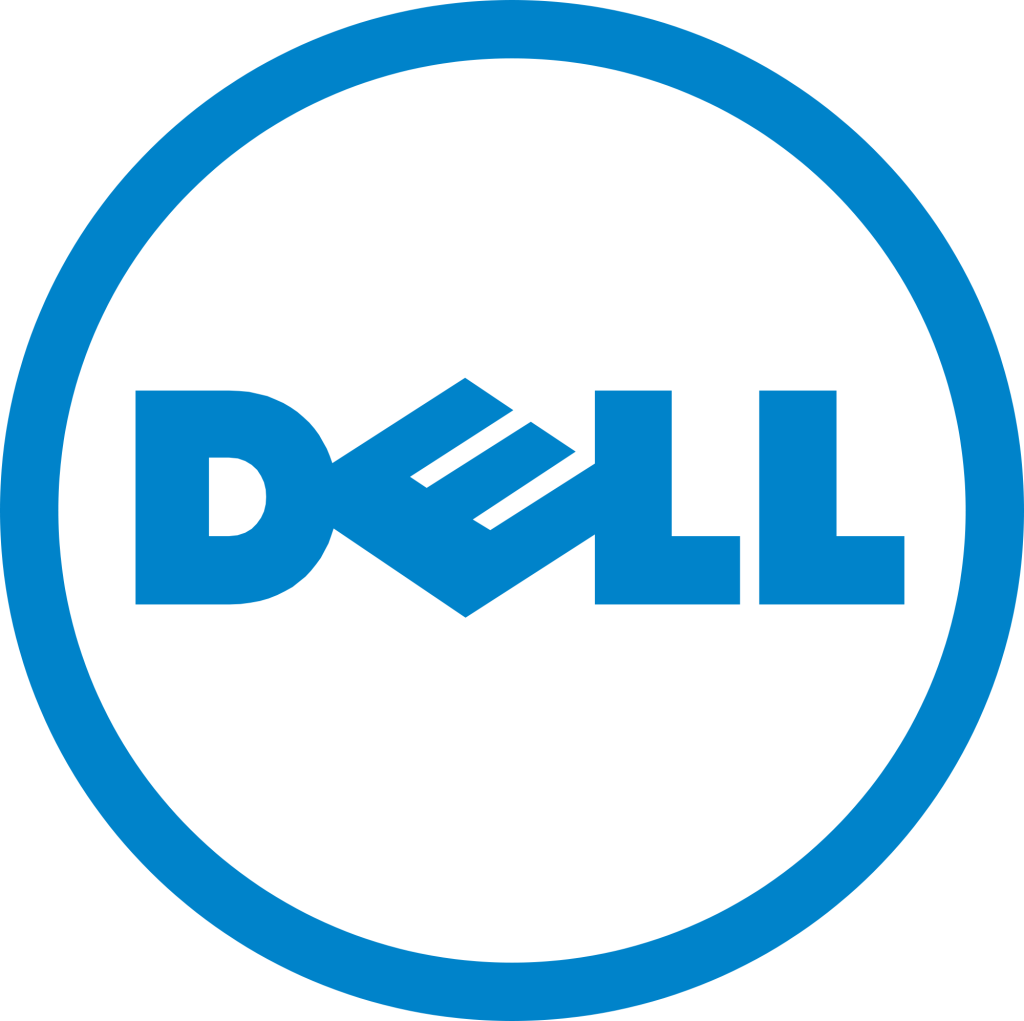
I’ve been at the Dell Solutions Tour in Melbourne today, and while the keynote was forgettable, the overall story of Dell continues pretty much unchanged since late 2013.
Forrester Gonna Forrester
We were talked at by someone from Forrester who waved some barely researched graphs at us (n=150, and really broad, leading questions. Yawn) in order to justify his “people have been talking about these three trends! You’ll be bored to death by what I think they imply” talk. There was basically no actionable information included, just a bunch of “various other people are doing things with apps, so you should too!” Also cloud and big data are things. Disrupt!
Spare me.
Far more interesting was the discussion about embargoed stuff that comes out next month (stay tuned!) which isn’t Earth shattering, but is interesting. The more interesting stuff (continue being tuned!) is due a couple of weeks later, and may include quite interesting stuff (so tuned).
Dell Sucks Least
Over lunch, during which we were talked at a bunch, Simon Sharwood from The Register asked, essentially “I don’t get it. So what?” about Dell’s strategy. And I agree, they said a bunch of stuff that we hear from every vendor — integrated products, many options, solutions selling — but there was no central thing that makes Dell unique.
The only thing that was sort-of put out there was that Dell provides a single point of contact for support. But the question then was, is that it? Is that enough to make Dell successful?
It appears that, well, yes, it may well be.
Dell ProSupport has a good reputation, and while I’ve not needed to use it myself, that highlights that the Dell gear I’ve used just, well, works. Dell servers are great, which is one reason they get used for a bunch of other people’s products. Pull off the bezel of that OEM system, like a Scale Computing, or even a Nutanix, and you’re likely to find either a Dell or a SuperMicro.
Dell gear plays nicely with just about everyone else. Dell don’t seem to try to lock you into their stuff, but rather, they’re happy to be a part of every deal. Dell partner with just about everybody, and when was the last time you read about Dell having a spat with one of the other tech vendors? Unlike EMC/Cisco/NetApp/VMware/Nutanix?
Dell just kind-of fly under the radar.
IT is Plumbing
IT gear, for most businesses, isn’t the main game. It’s stuff you use to get things done, like pens and paper, or desks and chairs. Do you really care what chairs your accountants use? Why should you care what servers or storage they have?
The fat middle of IT requirements boil down to “is on and working”. It’s invisible. People care most when something is broken, but the rst of the time they just expect it to be there and working. Just like plumbing.
Do you love your plumbing? Does it matter?
Dell isn’t a luxury brand, which Apple is fast becoming. They don’t sell at massive margins to people with a significant emotional attachment to the brand. I don’t love Dell, but then, I don’t love any technology. Quite the opposite.
The unofficial motto for a Usenet group I once spent a lot of time on was All hardware sucks, All software sucks. Advocacy for any given product or service was banned. We gathered to blow off steam about the various ways technology was broken. There was no shortage of things to complain about.
Most people like one thing relative to another. I prefer software X because feature A of software Y annoys me. Hardware N doesn’t do D well, but hardware M does it ok. Just avoid doing L with it.
So for technology that runs the gamut from laptops and desktops to blades and networks and SANs, sucking the least could be a winning strategy.
It doesn’t make for a great press release, but maybe it makes good business.



